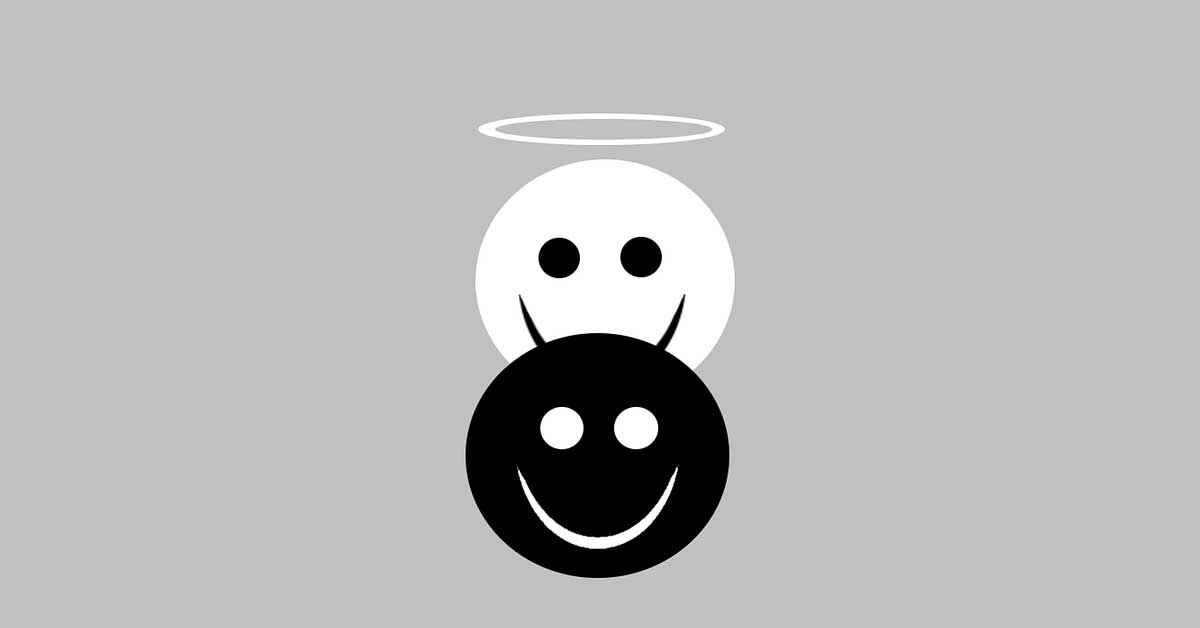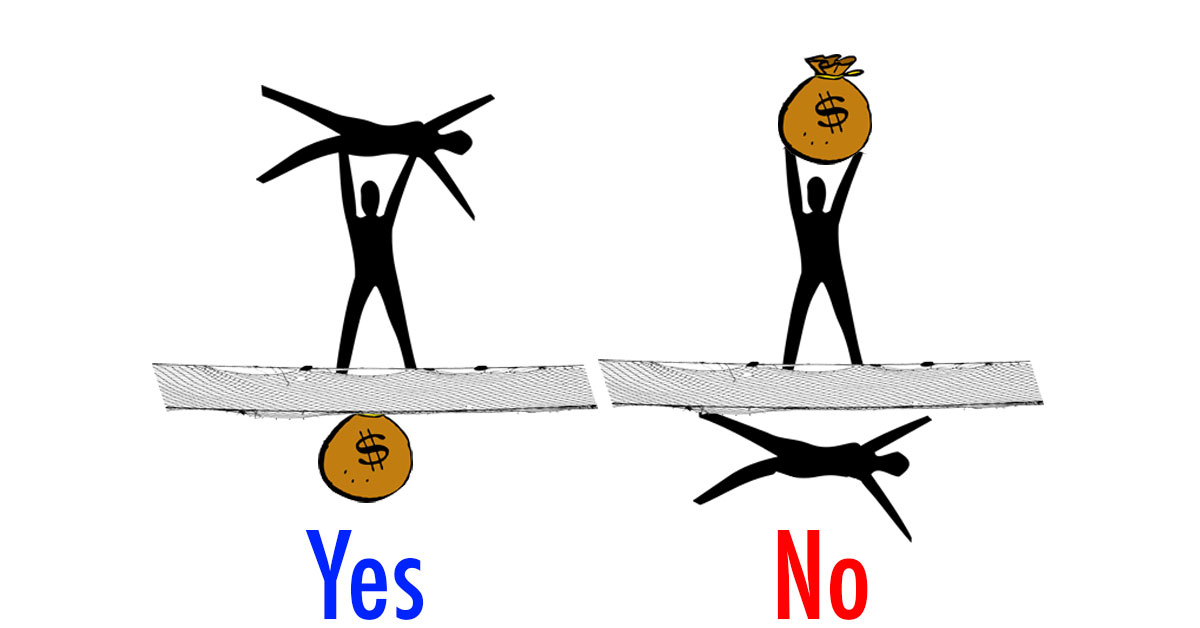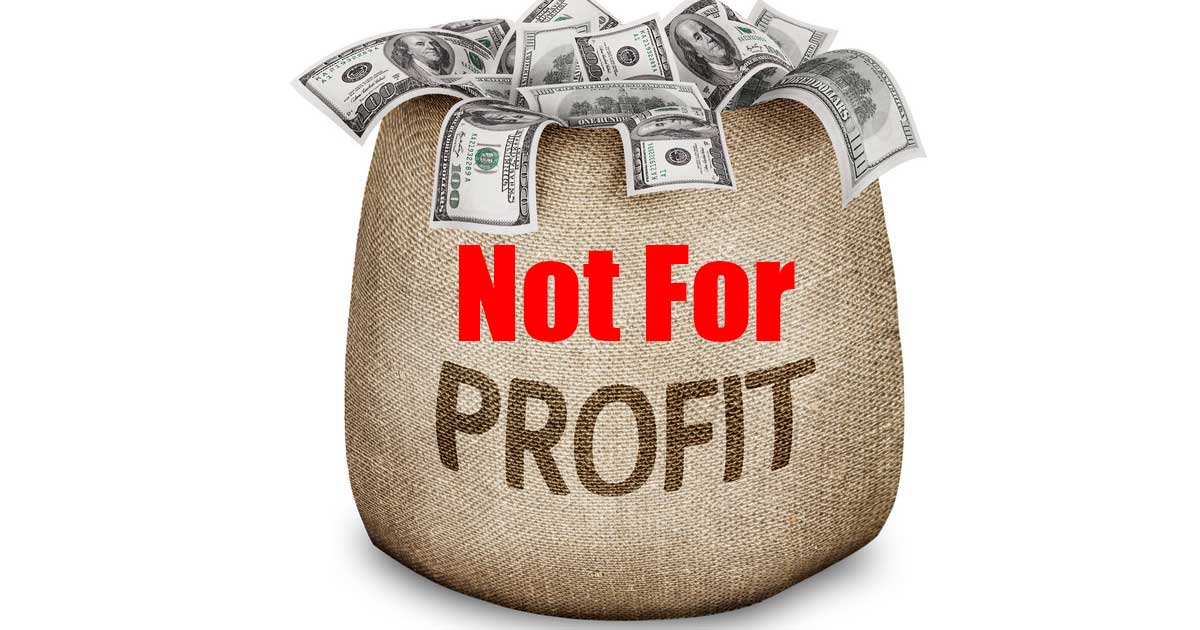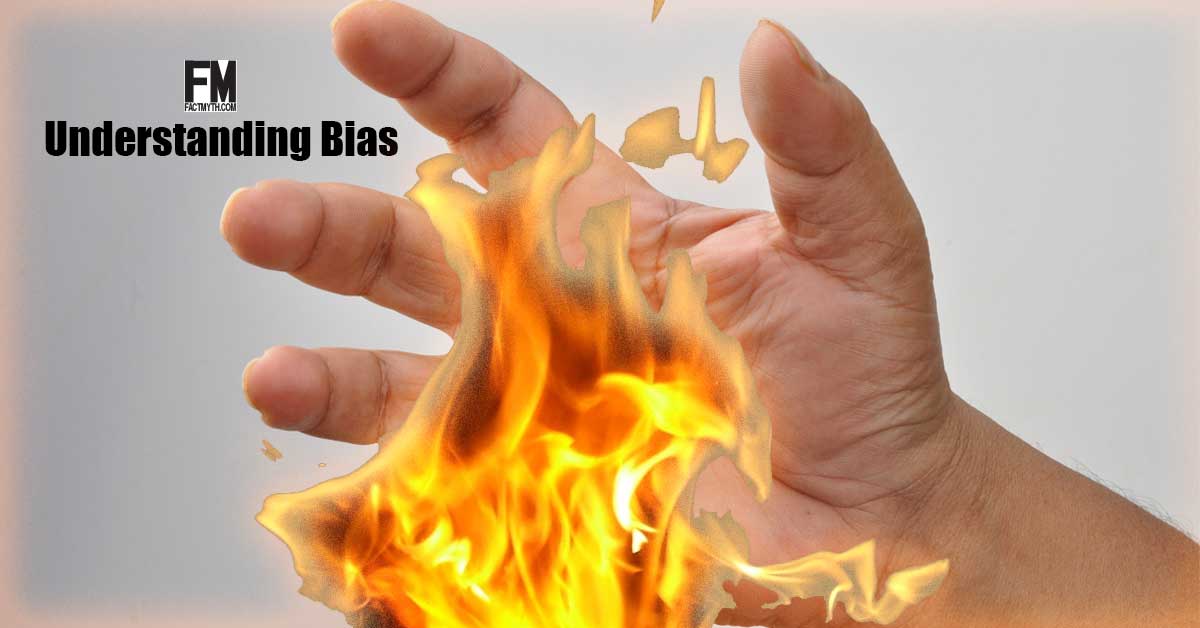Good Faith, Bad Faith, and Duty

Good Faith is a true attempt, Bad Faith is an intentionally dishonest attempt, Duty is the moral and ethical obligation to make Good Faith attempts.
Morality describes a value system, not a value system pertaining to a religious belief, but a value system inherent in the human condition. This can be simplified to the concept of right and wrong.
Broadly morality, in terms of philosophy, describes an area of philosophy that looks at concepts like ethics and justice that arise from within the human condition, and not from within societal structures like legal systems, religions, and other groups (although it does dictate how we should manage these things).
Moral principles are ideally empirically gleaned (they are not meant to be gleaned from pure reason), and many attest that the first principle of morality is “happiness” (as Aristotle describes in his ethics or as John Stewart Mill describes in his theory utilitarianism).
Describing morality is a bit like describing emotions, very difficult in a small introduction. See the articles below for facts and myths on morality.
See Stanford Encyclopedia of Philosophy’s Definition of Morality.

Good Faith is a true attempt, Bad Faith is an intentionally dishonest attempt, Duty is the moral and ethical obligation to make Good Faith attempts.

The Social Safety net is a collection of welfare services meant to help people bounce up when they hit bottom, it is not meant as a net to trap the poor under.

Principles are, in a broad sense, simply rule-sets which we follow. Below we will discuss the importance of different types of principles.

Plato’s Republic, utilitarianism, the philosophies of morality, ethics, politics, virtue, and law are all centered around one question “what is justice?” (AKA “what is fairness?”).

In his Republic, Plato examines how Democracy can lead to Tyranny in a republic. We explain Plato’s theory as it pertains to democracy and tyranny.

On this page we discuss the concepts of fairness, justice, morality, and ethics as they relate to Utilitarianism.

We discuss racial code words and “dog-whistle politics,” terms that describe the code words politicians use to imply politically incorrect ideas to their base.

Social Capitalism can be defined as a socially minded form of capitalism, where the goal is doing social good, rather than just the accumulation of capital.

Explicit bias is conscious bias, implicit bias is subconscious bias. Everyone has natural implicit and explicit bias, it’s part of being human and what shapes our actions and attitudes.

We explain neoliberalism, globalization, nativism, and protectionism and the pros and cons of “neoliberal globalization” and “nativist protectionism.”